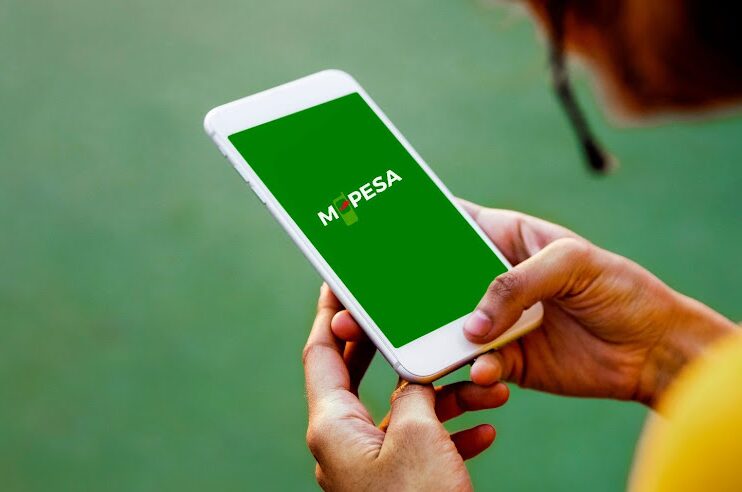Communication service provider Safaricom PLC has asked Parliament to excuse it from the requirement to generate electronic tax receipts for the millions of shillings in M-Pesa transaction fees processed monthly.

Appearing before the Finance and National Planning Committee of the National Assembly, Safaricom outlined challenges with meeting the electronic tax invoice system requirements under the Tax Laws (Amendment) Bill, 2024.
The company disclosed that the M-Pesa platform processes about 200 million transactions every month, straining both its systems and the Kenya Revenue Authority (KRA) infrastructure.
Safaricom has requested an exemption from producing electronic tax invoices (eTIMs) for M-Pesa transaction fees, stating that its systems and the KRA’s infrastructure cannot handle such large-scale operations.
“In a month, the M-Pesa platform completes approximately 200 million transactions. To generate electronic tax invoices for each of these kinds of transactions, seamless integration of several systems from both Safaricom’s and the KRA’s end is required,” Fred Waithaka, acting chief corporate affairs officer, explained during his submission to the committee.
Under the Finance Act of 2023, businesses claiming tax deductions for expenses must provide invoices generated through eTIMs.
Mobile money fees were not exempted, requiring Safaricom to produce receipts for deductions on M-Pesa fees.
The company pointed out that the worksheet for reporting standard-rated customer sales can only accommodate 75,000 rows, far below the volume of M-Pesa transactions.
The Finance Act exempts certain expenses, such as emoluments, imports, and services from non-residents without a local establishment.
Financial institutions’ fees are also exempted, but Safaricom argued that M-Pesa transaction fees, which have similar volumes and value, were not granted the same treatment.
“While the Tax Procedures (Electronic Tax Invoice) Regulations, 2024 provide exemption for financial institutions’ fees, the same has not been extended to M-Pesa transaction fees. Since these fees are comparable to financial institution fees, we propose extending the exemption to cover M-Pesa fees,” the company stated.
Businesses using the eTIMS system must issue invoices and transmit them to KRA for tax purposes.
The system aims to simplify tax processes and improve compliance.
M-Pesa’s rapid growth adds to the challenge. For the six months ending September 30, 2024, Safaricom recorded a 30.6% increase in transaction volumes, reaching 17.1 billion from 15.2 billion last year.
Of these, 7.4 billion were chargeable, requiring electronic invoices in an ideal system.
During the same period, the value of M-Pesa transactions rose 10.7% to Ksh. 20.9 trillion, up from Ksh. 18.8 trillion the previous year.
As of December 2023, person-to-person transfers on M-Pesa amounted to Ksh. 1.1 trillion, nearly ten times the combined value of Airtel Money and T-Kash transactions, which stood at Ksh. 169.2 billion each.
Kenyan Business Feed is the top Kenyan Business Blog. We share news from Kenya and across the region. To contact us with any alert, please email us to [email protected]












